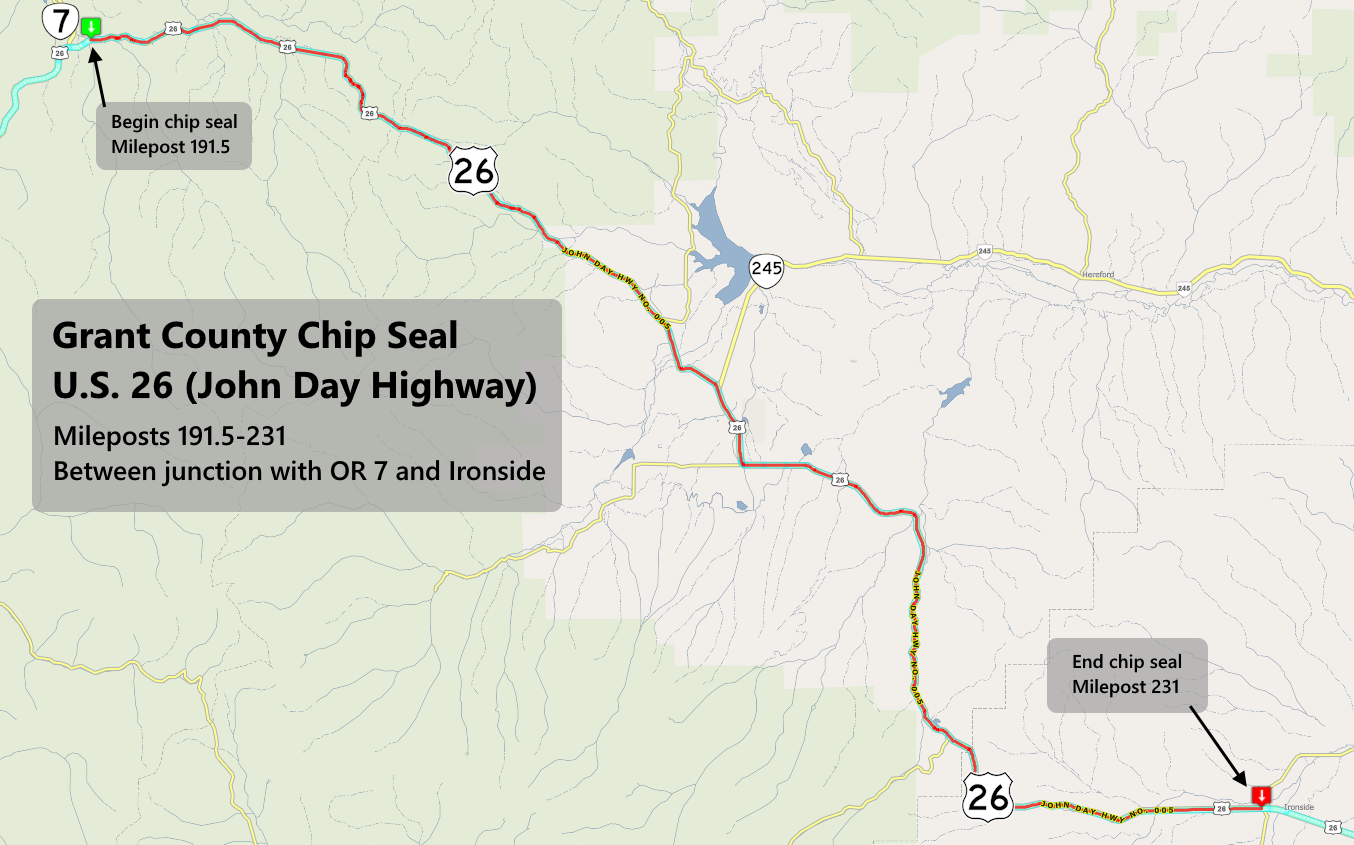Religion wafts through Seneca pot case
Published 8:20 am Tuesday, November 4, 2014

- Joy Graves says marijuana is a sacrament used in healing and other ceremonies of the Native American Church.
CANYON CITY – The 13 pot plants seized in a Seneca drug bust last June were either an illegal marijuana grow or a sacramental garden.
That contradiction set the stage last Thursday in Grant County Circuit Court as attorneys argued whether marijuana charges against Joy Maxine Graves and Raymond Scott Martin should stand.
Attorneys for Graves and Martin have moved to dismiss the case, contending it conflicts with their clients’ right to religious freedom. The defendants claim marijuana is an earth-based sacrament central to the rites of their branch of the Oklevueha Native American Church.
Deputy District Attorney Matthew Ipson countered that the state law prohibiting marijuana grows within 1,000 feet of a school is “a statute of general applicability.”
In court filings, he argued the state’s interest in restricting marijuana near schools is compelling, and that “the statute is applied equally without regard to religious beliefs or affiliation.”
The case began June 14, when a Grant County Sheriff’s deputy showed up at the Seneca property to check out a marijuana grow.
Two men described as caretakers – Martin, 36, of Cameron, Mo., and Kenny Walters, 42 of Walla Walla, Wash. – were arrested for manufacture of a controlled substance and possession within 1,000 feet of a school. The case against Walters stalled when he left the area and could not be found.
In July a grand jury also indicted the property owner, Graves, on a charge of manufacturing marijuana within 1,000 feet of a school.
The drug raid soon morphed into a legal tussle over religious freedom and discrepancies between state and federal laws.
In a court filing, Martin’s attorney Robert Raschio argued that the Native American Church uses cannabis “in the sincere practice of its religious principles.”
In a later interview he noted the government allows religious uses of substances that are otherwise controlled. For example, federal law allows peyote in Native American services, and mainstream churches can give wine to minors for communion rites, he said.
Timothy Gassner, Graves’ attorney, argued the state has no compelling interest in overriding his client’s use of cannabis in her religious practice.
At last Thursday’s hearing, the defense presented articles of incorporation for the church and documentation indicating it is recognized by the IRS.
The hearing included testimony by telephone from the church founder, James Flaming Eagle Mooney of Utah, who said cannabis has been used “for thousands of years” in religious rites.
He said not being able to use it would interfere with the church’s ability to perform rites with its members, and would be like prohibition.
Graves also took the stand, and said she uses both cannabis and tobacco along with meditation and prayer in a variety of rites.
“We say we make smoke,” she said.
Graves testified that she has been “a frontline cannabis fighter” for more than 30 years, and she established her Oklevueha church branch in late 2013. She said cannabis has saved her life, and also is providing a better path for Martin from a troubled past.
Both Mooney and Graves said they come from recognized tribes, but they said their church is open to broader membership. Members must be “native” to the Americas, but not necessary tribal members, said Graves.
To get a membership card, members pay a $25 fee and should be recommended by a branch leader, although Mooney said there also is an online signup process.
The testimony ran to two hours before Circuit Judge William D. Cramer Jr. called a halt. He tentatively scheduled the matter to continue later this week or in early December, the date depending on the lawyers’ schedules.
In the meantime, Cramer gave Graves permission to contact Martin for spiritual counseling, but continued a no-intoxicants order for both.
The case arises against a backdrop of political debate over marijuana use. In Tuesday’s election, Oregon voters will decide the fate of a measure to legalize recreational use of the drug. Results were not available at the Eagle’s press time but will be posted online at MyEagleNews.com.






